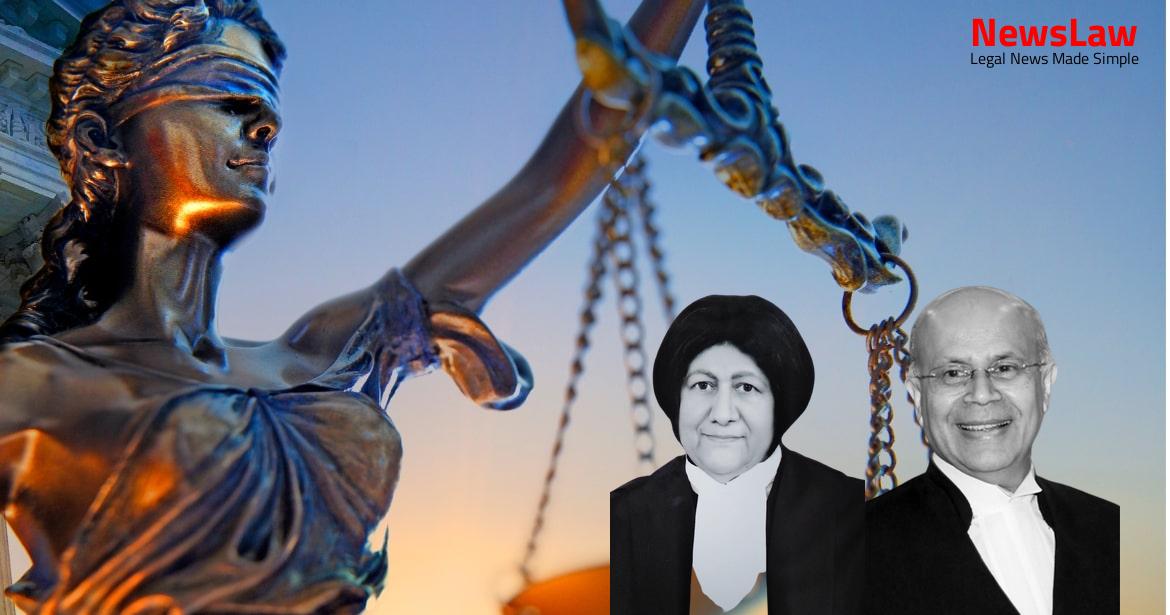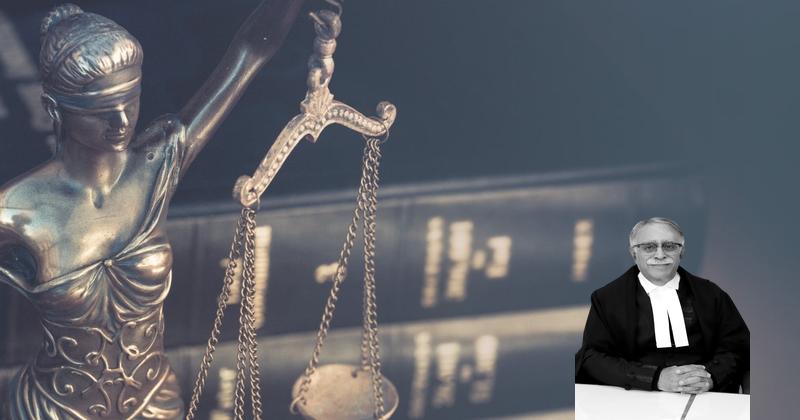The recent legal case delves into the intricate nuances of exoneration in adjudication versus criminal proceedings. The court’s in-depth legal analysis highlighted the differing standards of proof required in these distinct contexts. This landmark decision brings clarity on when prosecution in criminal proceedings can persist despite exoneration in adjudication proceedings, providing crucial insights into the legal landscape.
Facts
- Accused no. 9 in the FIR related to a MSME Receivable Finance Scheme operated by SIDBI.
- Accused allegedly involved in diversion of funds through RTGS payments to a vendor.
- Email containing RTGS details for the vendor’s account with Federal Bank, Thripporur received by the accused.
- Accused forwarded the details to the kingpin (Accused No. 5) who is absconding.
- Accused allegedly signed cheques based on the kingpin’s approval.
- Discharged from offences under Prevention of Corruption Act due to lack of sanction.
- Order dated 27.06.2012 by the Special Judge discharged the accused in relation to the Prevention of Corruption Act.
- The Central Vigilance Commission (CVC) report dated 22.12.2011 was heavily relied upon but dismissed by the High Court.
- The Special Judge and High Court both agreed that no sanction under Section 197 Cr.P.C. was necessary in this case.
- The Special Judge found a prima facie case against the appellant and refused to discharge them from the IPC offences.
- The CVC report concurred with the Competent Authority that no sanction should be accorded and no offence under the Penal Code was established.
Also Read: Legal Analysis on Physical Ability in Rape Case
Analysis
- The standard of proof required in criminal proceedings is higher than that required before the adjudicating authority.
- Exoneration of the accused before the adjudicating authority raises the question of whether prosecution on the same set of facts can be allowed.
- The Full Bench did not consider the effect of a finding of fact in a civil case over the criminal cases.
- The standard of proof in a criminal case is much higher than that of the adjudication proceedings.
- The determination of facts in the adjudication proceedings may not be irrelevant in the criminal case.
- The appellant was exonerated in the adjudication proceedings but is facing trial in the criminal case.
- The question of pursuing prosecution in criminal proceedings despite exoneration in departmental proceedings was considered.
- The appeal resulted in quashing the criminal proceedings based on exoneration in departmental proceedings.
- High Court should have applied para 38(vii) as a parameter in the case
- On reading the CVC report, the appellant should have been exonerated
- If no contravention of the Act found in adjudication proceedings, trial of the person would be an abuse of process of court
Also Read: Analysis of Transfer of Winding Up Proceedings to NCLT
Decision
- Detailed CVC order dated 22.12.2011 indicates bleak chances of conviction in a criminal trial involving the same facts.
- Judgment of the High Court and that of the Special Judge are set aside.
- Appellant is discharged from the offences under the Penal Code.
Also Read: Judicial Discretion in Contractual Interpretation
Case Title: DEPUTY SUPERINTENDENT OF POLICE Vs. ASHOO SURENDRANATH TEWARI (2020 INSC 537)
Case Number: SLP(Crl) No.-005423-005424 / 2015



